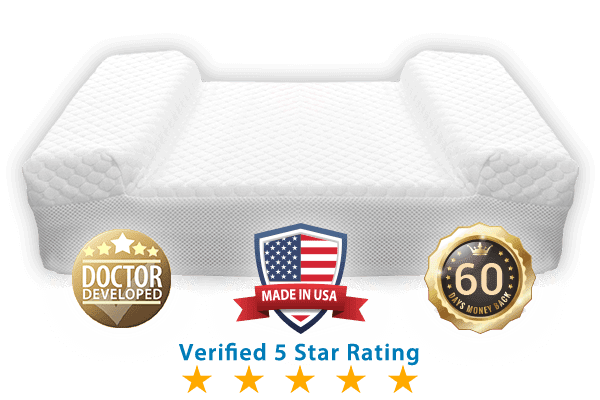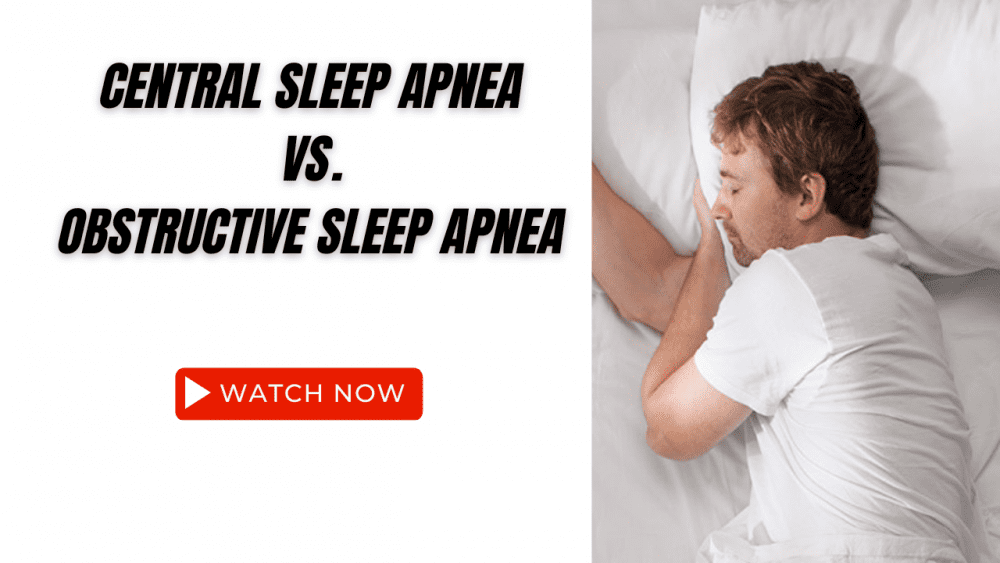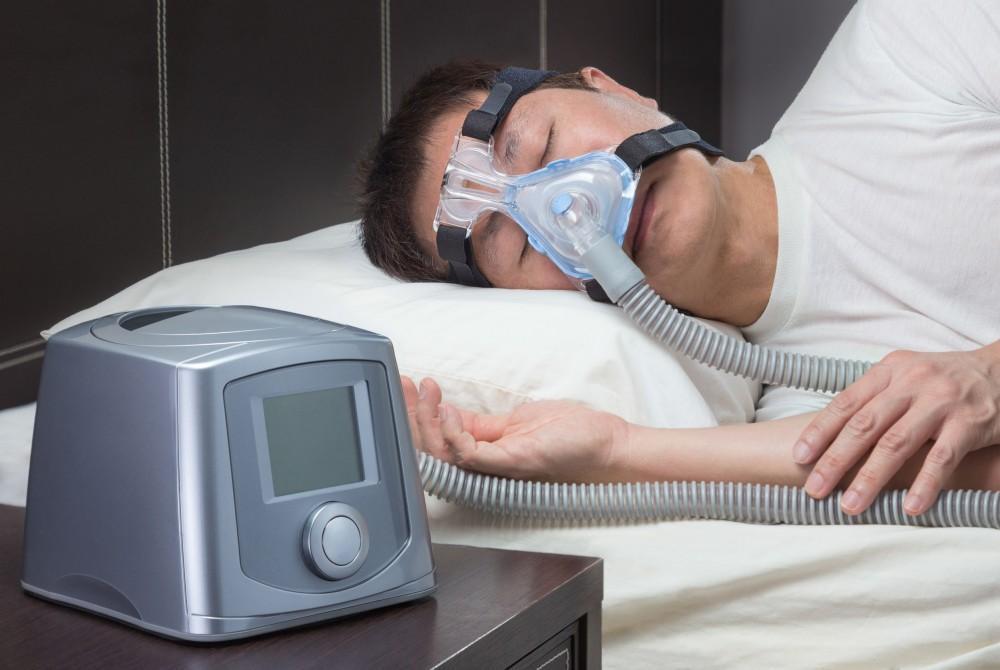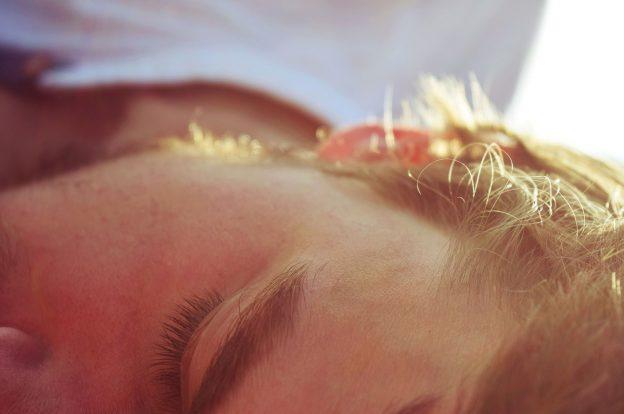
Ask A DME: What’s The Best Way To Clean CPAP Equipment?

Note: This content is syndicated and originally appeared on the Blue Mountain Sleep Shop blog and is reprinted here with permission.
For a lot of patients, the process of transitioning to a “new normal” with CPAP therapy is equal parts relief (I finally know why I’m so tired! And there’s a solution!) and stress (What am I supposed to do with this thing? Will I look like Darth Vader?). It can mean a brand new routine, and not just at night. It’s important to know how to care for CPAP equipment, not just for the health of the machine, but for your own health, too. That involves understanding when CPAP parts need to be replaced and knowing the best way to clean CPAP equipment.
We sat down with our onsite DME to answer commonly asked questions you might have about the care and keeping of your new PAP machine. Here’s what he had to say:
What happens if I don’t clean my CPAP well enough?
Remember that your CPAP mask goes on, well, your face. Mouths and noses host a lot of germs and both good and bad bacteria. These bugs can be transferred throughout your equipment, and if you aren’t cleaning your CPAP often enough or well enough, there’s a risk of upper-respiratory infection.
Plus, oil and saliva from your skin and mouth build up on the cushions of full-face masks in particular. That can mean an increased potential for skin irritation. Chest coughs and skin discomfort definitely don’t make it easier to sleep, so it’s best to clean your CPAP supplies and avoid them altogether.
How often do I need to clean my CPAP mask?
You really do need to clean your CPAP mask every morning. A good rule of thumb is that if it touches your skin, clean it every day. You can use wipes, but make sure you’re being really thorough. Otherwise, soak the mask in a cleaning solution of your choice and then rinse it really well.
It’s best to clean your mask — and all of your other equipment — first thing in the morning, because it needs to air dry completely by the time you use it again at night.
How often do I need to clean my CPAP hose?
This one you can do weekly. Once a week, detach and soak the hose, give it a really thorough rinse, and let that air dry, too. That can be a little tricky since hoses have a lot of interior surface area.
Hanging the tube over a towel bar or hook so that both ends point down can do the trick, and so can hooking the hose up to your machine and running it for a bit.
Still, life happens and sometimes there’s just not enough time or you forget. If that sounds like you, you might want to keep an extra hose on hand just in case of a cleaning emergency. It’s a whole lot more cost effective than a fancy dryer or antibiotics if you think you’ll forget to clean your hose in time.
What’s the best way to keep my CPAP’s water chamber or humidifier clean?
First, use the right kind of water. If you can drink it, it goes into the machine. Tap water is fine, but if you don’t drink yours because it has an “earthy” taste, that’s a good sign it could cause mineral deposits or build up.
Other than that, it’s the same deal as with your other equipment: soak your CPAP humidifier really well, and then rinse it thoroughly, and let it air dry.
Which CPAP cleaning supplies work best?
It really depends on preference. Mask wipes can make the process easier for daily care, but sometimes a deep clean is in order. A 1:3 solution of white vinegar and water can do the trick, but you’ll want to be sure to rinse your CPAP equipment really really well if you go with that option.
Some people prefer to use an antibacterial soap like SoftSoap, again, diluted and with a thorough rinse afterward.
What you don’t want to use is bleach or rubbing alcohol. Those will definitely kill the germs, but they also kill the equipment — harsh cleansers tend to be very drying. The material in your CPAP mask, hose, and chamber will break down faster, and you’ll have to replace those items sooner.
Speaking of which, what happens if I don’t replace my CPAP equipment often enough?
Your therapy could be less effective, honestly. Every mask we recommend is really well-made, but none of them last forever. The material does dry out and break down. It could crack or become less flexible, and cause mask leaks.
Also, even when you clean your equipment very thoroughly, there’s always a chance that residual germs and moisture can build up over time and you really don’t want to be breathing that in.
What’s a good schedule for replacing CPAP parts?
- Replace your filters every month.
- Every 3 months, you should be replacing your mask and tubing at the very least, and your headgear if it’s starting to show wear. Affordable CPAP replacement kits will include new headgear with the mask, so consider purchasing them to save money.
- Humidifiers or water chambers should be swapped out every 6 months.
If you’re ever unsure, contact your DME or resupply specialist. They can point you in the right direction.

You Might Also Enjoy...


Dr. Kakar Products

Central apnea vs. Obstructive sleep apnea

Warning to Patients about Ozone Cleaners

Ways to Help You Keep Hope Alive

